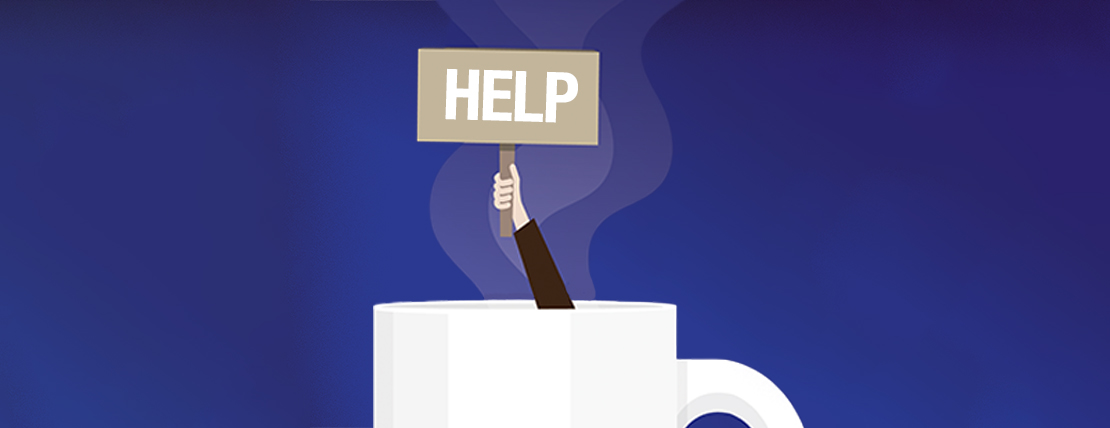The heavy psychological toll that the last two years has taken on the workforce is well-documented. Faced with new and serious health and safety concerns, many employees were forced to shift to remote work on a dime and suddenly saw the line between professional and personal become blurrier than ever.
And, for all the flexibility that telework affords, many have struggled to meet work demands while juggling their family responsibilities. Others have found themselves isolated, working at home alone, with video meetings their only connection to co-workers (or anyone else) throughout the day. Return-to-the-office efforts have begun, of course, although the Delta and Omicron variants have complicated many companies’ plans. But wherever they’re working, employees are still burned out, still feeling stretched beyond their limits.
For example, the latest edition of McKinsey & Co. and LeanIn.org’s Women in the Workplace report found the percentage of employees saying they feel burned out “often” or “almost always” increased in 2021. More than 40% of women reported feeling this way in 2021, with 35% of men saying the same. Those numbers stood at 32% and 28%, respectively, in 2020.
EY’s employee assistance program is more than four decades old.
For the bulk of that time, employee usage of the multinational professional services company’s EAP “was relatively flat,” said Mike Weiner, who manages the internal and external employee assistance program and work-life services for EY’s 78,000-plus employees in the United States.
Then the coronavirus pandemic arrived.
Weiner and the EY leadership team saw this type of weariness set in among its 312,000-employee population as the pandemic wore on, and the organization has responded.
First and foremost, EY has expanded its mental health benefits to fully cover 25 therapy sessions for employees and all of those sharing a household with them, regardless of whether family members are also covered under EY’s health plan. (EY employees and their families were previously covered for five sessions per year.) The company has also made mental health coaching services available to employees.
“Our lives get disrupted in so many ways,” said Weiner. “It can be a challenge to maintain one’s own well-being; to make sure that’s a priority. A mental health coach can help our employees and their families make sure they’re prioritizing their well-being.”
The company saw employee utilization of its employee assistance program jump nearly 30% “almost overnight” upon expanding well-being benefits earlier this year, he said, adding that EY has taken other recent steps — doubling back-up child-care days, for instance — to help employees combat burnout.
Of course, employee burnout was a serious issue before the coronavirus pandemic, and the upheaval of the last 20-plus months has certainly done nothing to help. But it has underscored the importance of employee well-being, and companies like EY are stepping up to help workers fight off professional fatigue and mind their mental health.
“It can be a challenge to maintain one’s own well-being; to make sure that’s a priority. A mental health coach can help our employees and their families make sure they’re prioritizing their well-being.”
Handling a Steep Learning Curve
COVID-19 has created entirely new challenges for workers, said Jennifer Moss, a speaker, strategist and author of “The Burnout Epidemic: The Rise of Chronic Stress and How We Can Fix It.”
“You have a situation with a steep learning curve, where people are dealing with grief and trauma and their own mortality,” said Moss, “while also juggling the demands of family life, which has affected women disproportionately. It’s totally unsustainable.”
The type of overload that Moss describes is literally killing workers.
Consider a study released last year, which found that working long hours led to 745,000 deaths from stroke and ischemic heart disease in 2016.








